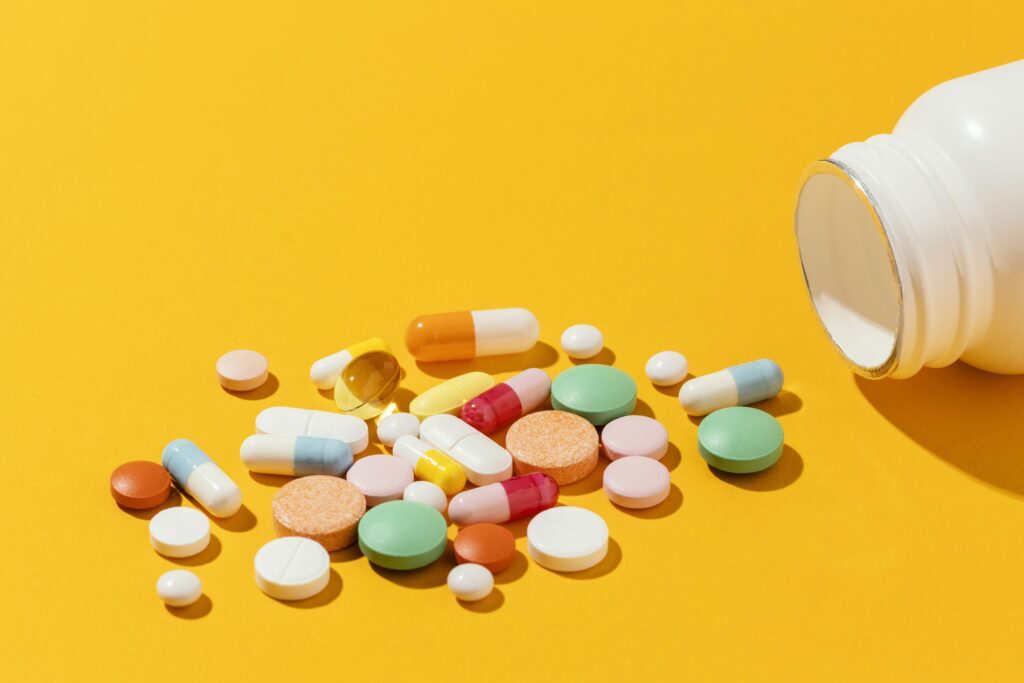Ivermectin has gained attention in recent years for its potential uses in humans, particularly in treating certain parasitic infections and, more controversially, its off-label use in other contexts. However, understanding the correct ivermectin dosage for humans is critical to ensure safety and efficacy. In this guest post, we’ll explore the approved uses of ivermectin, standard dosing guidelines, and important considerations for its use.
What is Ivermectin?
Ivermectin is an antiparasitic medication widely used to treat conditions such as river blindness (onchocerciasis), strongyloidiasis, and scabies. It works by paralyzing and killing parasites, making it an effective treatment for specific infections. Approved by the FDA for certain conditions, ivermectin is available in tablet form for humans and as a topical cream or lotion for specific skin conditions.
While ivermectin is primarily used in human medicine for parasitic infections, it has also been studied for other potential applications. However, any use beyond FDA-approved indications should be approached with caution and under medical supervision.
Standard Ivermectin Dosage for Humans
The dosage of ivermectin for humans depends on the condition being treated, the patient’s body weight, and the prescribing physician’s recommendations. Below are the standard dosing guidelines for FDA-approved uses:
- Onchocerciasis (River Blindness): The typical dose is 150 micrograms per kilogram (mcg/kg) of body weight, taken as a single oral dose. This may be repeated every 6 to 12 months, depending on the patient’s symptoms and the physician’s guidance.
- Strongyloidiasis: The standard dose is 200 mcg/kg of body weight, taken as a single oral dose. In some cases, a second dose may be required after a few days.
- Scabies: For oral treatment of scabies, the dose is typically 200 mcg/kg, taken as a single dose, with a possible repeat dose after 1–2 weeks if symptoms persist.
Important Note: These dosages are based on FDA-approved indications and should only be administered under the supervision of a healthcare provider. Self-medicating or using ivermectin intended for animals can lead to serious health risks, including overdose and toxicity.
Factors Influencing Dosage
Several factors can influence the appropriate ivermectin dosage for an individual:
- Body Weight: Ivermectin doses are calculated based on weight, so accurate measurements are essential for safe administration.
- Medical History: Patients with liver disease or other underlying conditions may require adjusted doses or closer monitoring.
- Concurrent Medications: Ivermectin can interact with certain drugs, so it’s crucial to inform your healthcare provider about all medications you’re taking.
- Purpose of Use: Off-label uses may involve different dosing regimens, but these should only be pursued under strict medical guidance.
Safety Considerations and Side Effects
While ivermectin is generally well-tolerated when used as prescribed, it can cause side effects, including:
- Nausea
- Dizziness
- Fatigue
- Diarrhea
- Skin rash
More severe side effects, such as neurological symptoms or allergic reactions, are rare but require immediate medical attention. Overdosing on ivermectin, particularly with formulations meant for veterinary use, can lead to serious complications like seizures or coma.
To ensure safe use:
- Always obtain ivermectin from a licensed pharmacy with a prescription.
- Avoid using veterinary formulations, as they are not safe for human consumption.
- Consult a healthcare provider before starting ivermectin, especially for off-label uses.
The Controversy Surrounding Ivermectin
In recent years, ivermectin has been the subject of debate due to its off-label use for conditions like COVID-19. While some studies have explored its potential antiviral properties, major health organizations, including the FDA and WHO, have stated that there is insufficient evidence to support its use for COVID-19 outside of clinical trials. Misinformation about ivermectin has led to unsafe self-medication practices, highlighting the importance of relying on credible medical advice.
Conclusion
Ivermectin is a valuable medication for treating specific parasitic infections when used correctly. Understanding the appropriate ivermectin dosage for humans, following medical guidance, and avoiding unapproved uses are essential for safe and effective treatment. If you’re considering ivermectin for any condition, consult a healthcare professional to discuss its benefits, risks, and proper administration.By staying informed and cautious, you can make well-informed decisions about your health and the use of medications like ivermectin.









